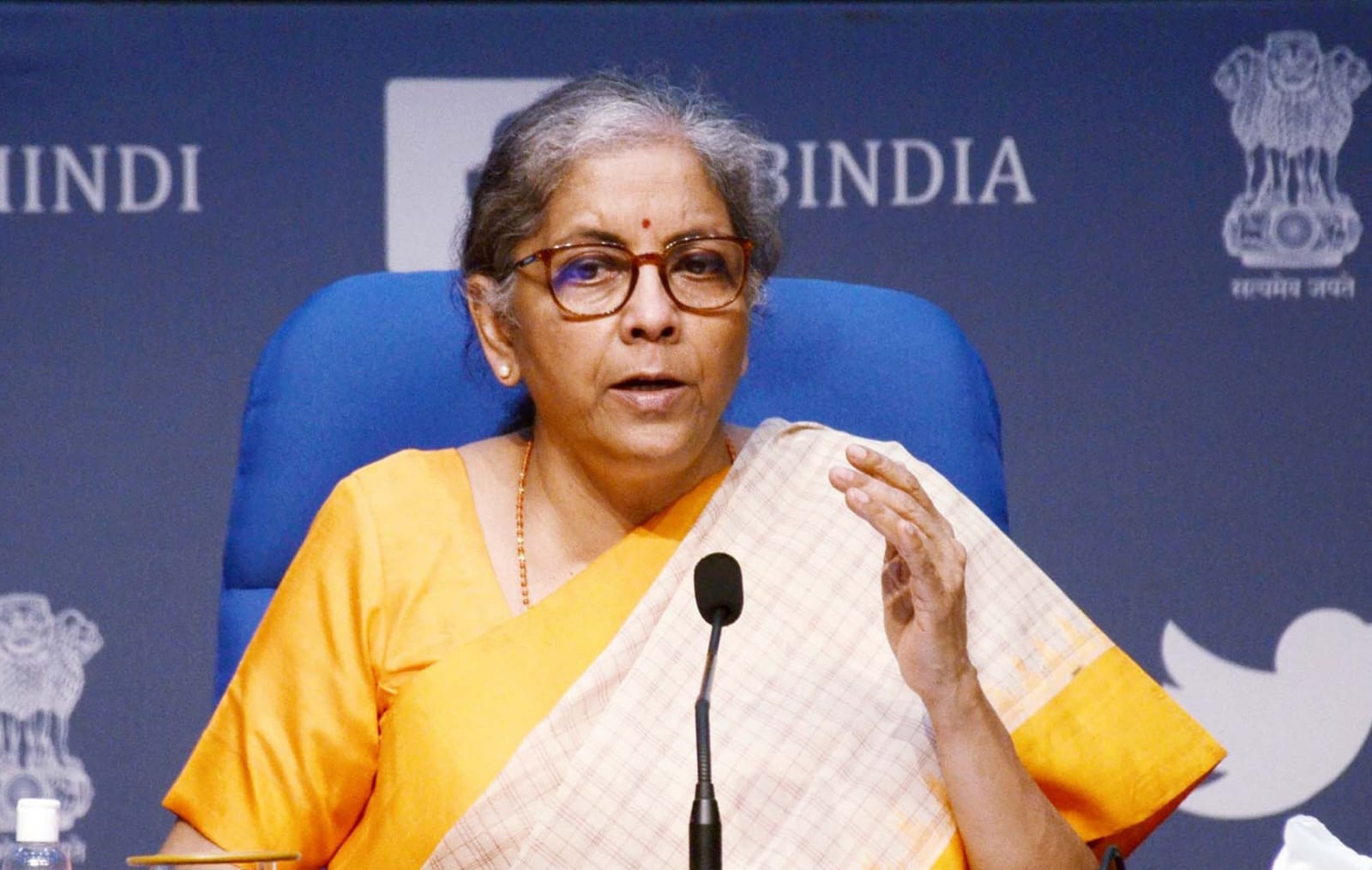
📰 FM Sitharaman Orders CBIC to Investigate Massive GST Data Leak Scandal | Aaerm Law Associates | June 7, 2025
New Delhi, June 7, 2025 — Finance Minister Nirmala Sitharaman has instructed the Central Board of Indirect Taxes and Customs (CBIC) to launch an immediate investigation into a serious nationwide GST data leak scandal. This follows alarming complaints about the illegal sale of confidential GST returns and e-Way Bills.
A gang known as “Data Solution”, reportedly operating from Delhi, Ghaziabad, and Noida, appears to be behind this breach. The growing scandal has triggered widespread concern among tax professionals, business leaders, and cybersecurity experts.
🔍 Nationwide GST Leak: The Alarming Discovery
Earlier this week, the Surat Chartered Accountants Association (CAAS) sent a detailed letter to the Finance Ministry. In it, they described a sophisticated scam where taxpayer data was being sold in organized bundles on the black market.
According to sources, this illegal operation offered detailed tax information, including GSTR-1, GSTR-2B, GSTR-3B, and e-Way Bill data. The gang used a pricing model where packages ranged from ₹5,000 to ₹25,000. The more detailed the data, the higher the cost.
For example, basic GSTR-1 packages reportedly cost ₹8,000 to ₹10,000. Meanwhile, comprehensive three-month bundles with complete GST details went for ₹15,000. In some cases, deep-dive reports—including transaction history, HSN codes, and supplier-buyer profiles—were sold for ₹25,000.
These illicit deals reportedly enabled dishonest traders to copy their competitors’ operations. As a result, they gained an unfair advantage, which undermined both ethical business practices and fair market competition.
💬 Leaked Conversations Raise Further Alarms
The CA association also submitted leaked WhatsApp conversations between brokers and buyers. These chats revealed how sellers tailored GST data packages to meet specific client needs. Offers included “normal domestic data” and more advanced options for deeper competitive insights.
This discovery has alarmed many in the financial and trade sectors. It suggests the problem is more extensive than initially believed.
🛡️ Government’s Swift Action
In response to the revelations, FM Sitharaman has taken decisive action. She directed CBIC to work closely with enforcement agencies. Their main objective is to track the source of the leak and dismantle the network responsible.
A senior government official confirmed, “The Ministry is treating this issue with the utmost urgency. Coordination with cybersecurity experts and law enforcement agencies is already underway.”
🖥️ Cybersecurity Under Scrutiny
The breach has also cast a spotlight on the GST Network (GSTN). Experts are now calling for a thorough cybersecurity audit of the platform. Many believe outdated protections allowed sensitive taxpayer data to fall into the wrong hands.
Furthermore, analysts argue that a modernized data security framework is urgently needed. Regular audits, real-time breach detection, and stronger encryption protocols could prevent future attacks.
📌 Key Takeaways
- Massive GST Data Leak: Confidential GST returns and e-Way Bills were sold illegally via package-based black market deals.
- Gang Involved: A group calling itself “Data Solution” operated from Delhi-NCR, reportedly running the scam.
- Data Prices: Packages ranged from ₹5,000 to ₹25,000 based on the depth of information.
- CAAS Alert: The Surat Chartered Accountants Association uncovered and reported the scam.
- Government Action: Finance Minister Nirmala Sitharaman has ordered the CBIC to investigate immediately.
- Cybersecurity Concerns: Experts call for a full audit of GSTN to prevent further leaks.
- Business Impact: The leak gives unfair advantage to unethical traders, harming honest businesses.
- Legal Ramifications: Selling taxpayer data is a criminal offense under Indian data protection and taxation laws.
- Evidence Collected: Leaked WhatsApp chats suggest a structured and scalable operation.
- Urgent Need: Stronger data protection laws and proactive enforcement are crucial moving forward.
